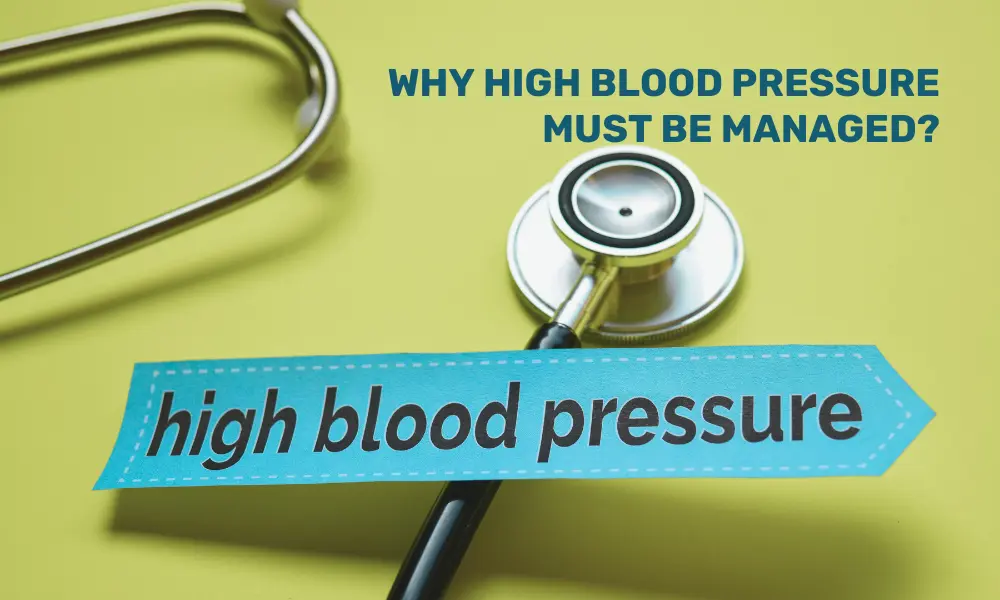Known as the “silent killer”, high blood pressure can be dangerous to our well-being as it rarely produces any symptoms unless and until things have gone wrong, and also because it may lead to a chain of events that give rise to an avalanche of health issues throughout the body. Arguably, the most pernicious ramifications of untreated elevated BP are the key role it plays in the initiation of metabolic syndrome, a constellation of conditions that doubles the risk of both heart attack and stroke, as well as greatly amplifies the risk of type 2 diabetes.
Health Complications due to High Blood Pressure
High blood pressure is significantly associated with a higher Body Mass Index (BMI) or weight of the patient. As blood pressure goes up, it tends to be more often associated with gaining weight, especially more fat tissue. Too much fat, particularly around the belly, leads to systemic inflammation that fuels many chronic conditions. The expanding fat cells produce pro-inflammatory markers, and this has multiple consequences:
-
They inhibit the function of pancreatic beta cells, decrease insulin secretion, and predispose to glucose intolerance and T2D.
-
They impair insulin sensitivity, resulting in chronically elevated blood sugar levels.
-
They lead to abnormal lipid panels that cause high triglycerides, increased LDL (bad cholesterol), and malfunction of the LDL receptors, all of which elevate the likelihood of developing atherosclerosis and heart disease.
Inflammation
A modern-day diet high in MSG, sodium, and refined carbohydrates, often exacerbated by chronic stress, will be the perfect breeding ground for inflammation in the body. This inflammation doesn’t just drive weight and blood sugar; it also wears away at the blood vessels and organs over time.
Inflammation destroys the pancreatic beta cells, leading to decreased insulin production and impaired glucose control. This cycle is maintained, and so:
-
The accrual of BMI increases adipose tissue.
-
There are also more inflammatory markers coming from adipose tissue.
-
Inflammation exacerbates insulin resistance and dyslipidaemia.
How to manage High Blood Pressure?
While these factors are interwoven, the answers are often found in basic, long-term lifestyle changes:
-
Healthy diet: Focus on whole, natural foods, decrease your salt intake, and limit processed sugar and unhealthy fats.
-
Weight management: Modest weight loss has been shown to dramatically reduce markers of inflammation and improve metabolic health.
-
Regular exercise: Shoot for a minimum of 30 to 45 minutes of activity each day to help with weight management, blood pressure, and insulin sensitivity.
-
Relaxation: Anti-stress measures, such as meditation, proper sleep, and mindful exercise activities, help manage stress.
-
Regular checkups: It is best to identify high BP, blood sugar, and cholesterol early.
In a Nutshell
Elevated blood pressure is more than just a risk factor for heart disease; it is also frequently the initiation of a bigger metabolic derangement. Increased body weight, blood sugar, cholesterol, and inflammatory markers are not separate issues, but aspects of an interrelated system. Identifying and addressing this cascade of ill health at an early stage is crucial in preventing chronic disease and creating a healthier future.
Disclaimer: This article is meant for informational purposes only and must not be considered a substitute for professional advice.





